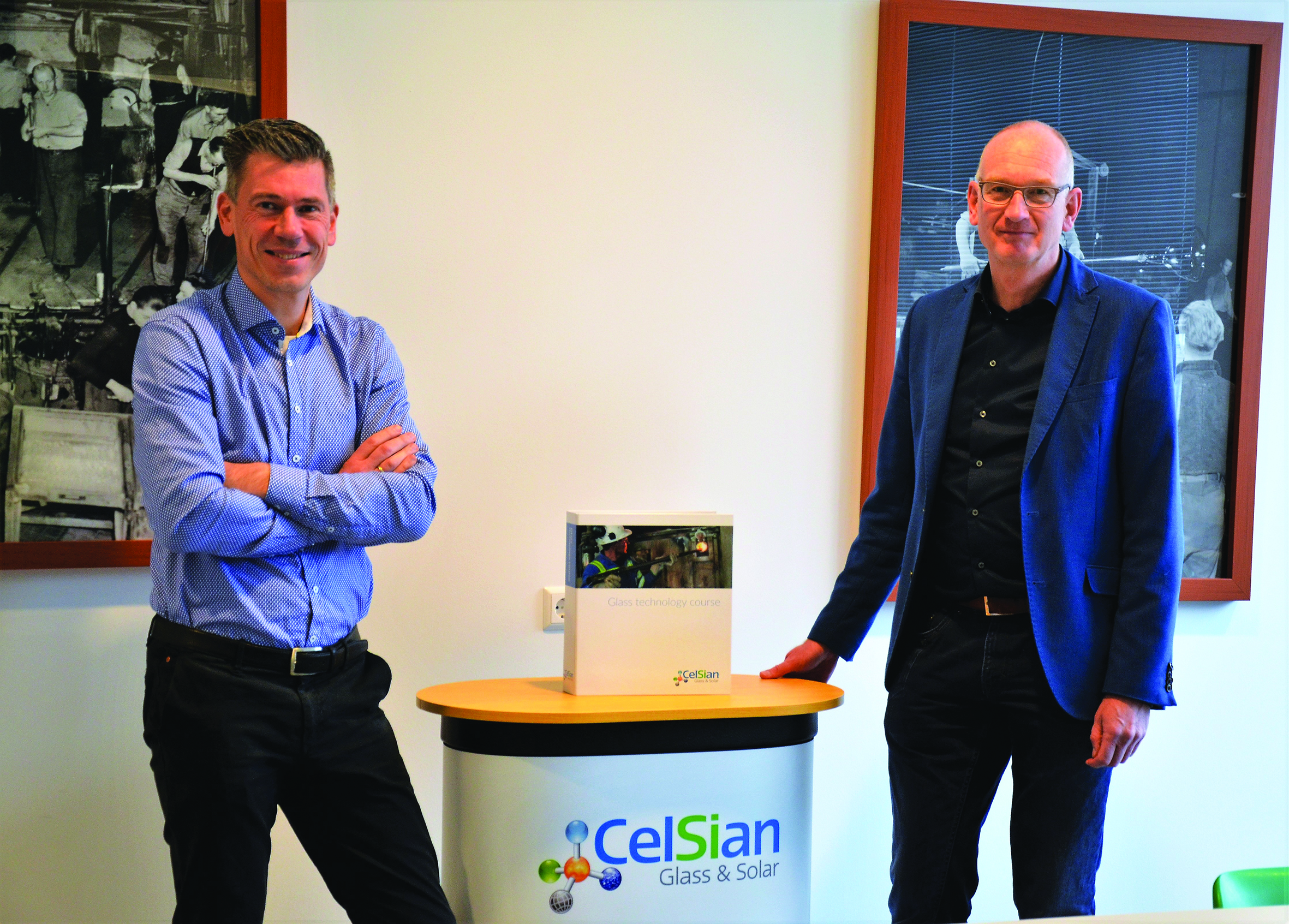GW: As a leading supplier of products and services aimed at delivering value in the areas of furnace support, process optimisation and knowledge transfer, how does CelSian prioritise training in its overall offerings to the glass manufacturing chain?
Training is a very important segment of CelSian and we are investing an increasing amount to extend our capabilities. There will be future growth in training in many different ways and we are expanding our internal and external pool of trainers because of training diversification in terms of content, duration and format.
In addition to collaborating with technicians, technologists and engineers, a changing trend is discussions with human resources personnel about training needs for their company’s employees. The way to train people is changing. HR departments are looking for opportunities to retain and improve their workforces and they recognise training as an important tool. There is a real opportunity to develop new concepts that sit alongside their philosophies.


